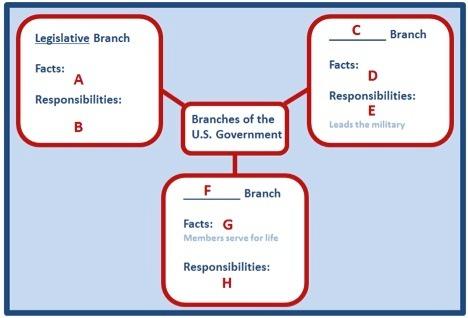
History, 01.12.2020 14:00 Kyliehayden05
Assessment: Civilizations do not just happen. They grow, like families and friendships, from among the people who live in them. The kingdoms of East, Central, and South Africa comprised a variety of African peoples as well as Arabs, Persians, and Indians who came to trade. Each society had its own hierarchy or social structure. Imagine you have just completed a trip through the early kingdoms and city-states of East, Central, and South Africa. Your family and friends ask you about the trip. Your task is to give them an oral history of your experience. You may choose to write your account, record it, or make a video. (I am writing a series of letters from a missionary in the mid-1800 to her sister in America.) Remember, your family and friends will share your story and pass it on to future generations, like oral historians in Africa. Make it fascinating! No one wants to hear a boring story. Tell the most significant or important things you saw or learned about kingdoms or city-states in each region. Be sure to do the following as you complete this assessment: identify at least one kingdom or city-state that you visited from each region—East, Central, and South-Eastern Africa (I'm doing, Fun, jKongo, and Great Zimbabwe). Explain at least one important political, one social, and one economic feature you observed in each of the three places you visited write or speak with a natural narrative voice as if telling a story to a friend use complete sentences to express your ideas and make sure that your explanations are thorough by providing details from the lesson write at least three paragraphs total, one for each kingdom or city-state (with at least five complete sentences per paragraph) You may choose a Web 2.0 tool to create your oral history. Visit the Web 2.0 tools area of the course for additional ideas and resources.

Answers: 1
Another question on History

History, 22.06.2019 05:00
Plz which of the following statements about spanish plantations is not accurate? a. spanish plantations grew sugarcane for export to spain b. the spanish had little concerned for the lives of the indians who worked on the plantations. c. spanish plantations grew wide variety of crops and center produce to many different european countries. d. to replace the native americans our dying off the spanish imported african slaves.
Answers: 1

History, 22.06.2019 06:30
Hich answer supports the statement, "the state constitution is more detailed than the u.s. constitution"? a) the u.s. constitution was created after state constitutions had been established. b) the u.s. constitution only exists because the state constitutions allowed it to be created. c) the articles in the state constitution do not deal with amendments like the u.s. constitution does. d) the articles in the state constitution deal with more specific issues than does the u.s. constitution.
Answers: 3

History, 22.06.2019 06:30
This passage best represents which of these theories in the declaration of independence?
Answers: 3

History, 22.06.2019 09:00
Who were the “rough riders”? a. cuban revolutionaries who battled the spanish for independence b. a volunteer cavalry unit in the spanish-american war c. spanish generals in cuba who mistreated the civilian population d. newspaper owners who influenced public opinion by exaggerating the truth
Answers: 2
You know the right answer?
Assessment:
Civilizations do not just happen. They grow, like families and friendships, from among...
Questions


History, 04.11.2020 17:50









English, 04.11.2020 17:50


English, 04.11.2020 17:50



Mathematics, 04.11.2020 17:50

Spanish, 04.11.2020 17:50

Mathematics, 04.11.2020 17:50





